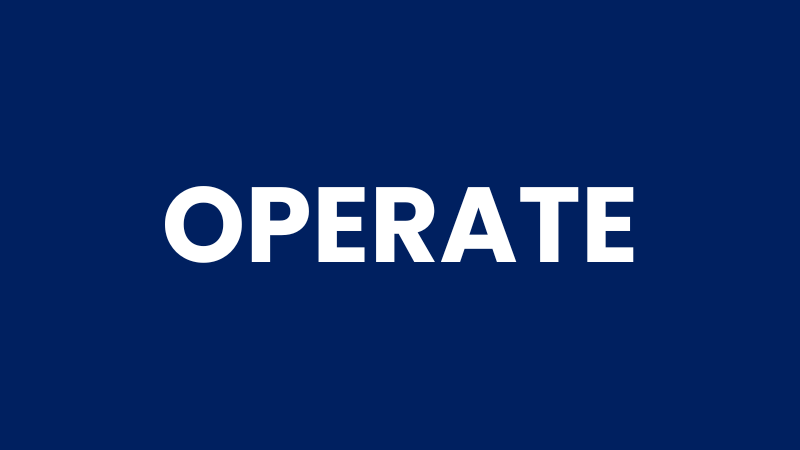Managing escalated customer issues is vital for any business that values its clients. When problems are not resolved promptly, they can lead to customer dissatisfaction and even harm the business’s reputation. This is where call centers play a key role. They specialize in addressing and resolving complicated customer concerns efficiently.
Call centers are equipped with trained agents who can handle various challenges. Their expertise ensures that customers’ issues are escalated to the right person or department immediately. This helps in resolving problems quickly, keeping customers happy and loyal.
Another key aspect is the use of advanced technology in call centers. Tools like customer relationship management (CRM) systems and automated response systems help in tracking and managing escalations effectively. Technology aids in providing quicker resolutions and better communication.
In essence, call centers act as the frontline defense and support system for businesses dealing with escalated customer issues. Their role is crucial in maintaining customer satisfaction and ensuring that issues are addressed promptly and efficiently.
Understanding Escalated Customer Issues
Escalated customer issues are problems that cannot be resolved at the initial point of contact and need higher-level intervention. These issues are more complex and often require specialized knowledge or authority to resolve. Understanding the nature of these escalations is crucial for effective management.
Common reasons for escalated issues include billing errors, technical problems, or inadequate previous service. Customers might feel frustrated and need a quick resolution. Recognizing these patterns helps call center agents to address issues more effectively. They can quickly identify whether an issue requires escalation and route it to the appropriate team or manager.
Another key aspect is maintaining clear communication. When an issue is escalated, customers should be informed about what steps are being taken. Transparency reassures them that their problem is being handled by someone who has the expertise to solve it. This reduces anxiety and builds trust, crucial elements for customer satisfaction.
Effective Training for Handling Escalations
Proper training is essential for call center agents to handle escalations effectively. Well-trained agents can manage escalated issues efficiently, improving overall customer satisfaction. Here are key training techniques for handling escalations:
1. Role-Playing Scenarios: Agents practice through mock calls that simulate escalated situations. This helps them prepare for real-life scenarios and learn how to remain calm under pressure.
2. Clear Scripts: Providing agents with clear scripts for common escalated issues ensures they have a guideline to follow. This helps maintain consistency and clarity in communication.
3. Problem-Solving Workshops: Regular workshops that focus on developing problem-solving skills enhance agents’ ability to think on their feet and resolve issues quickly.
4. Soft Skills Training: Training sessions on empathy, active listening, and patience are crucial. Agents trained in these skills can better understand and address customer concerns.
5. Technical Knowledge: Ensuring that agents have a good grasp of the company’s products and services helps them provide accurate information and solutions.
By implementing these training techniques, call centers can prepare their agents to handle escalated issues more effectively. This leads to quicker resolutions and happier customers, benefiting the company overall.
Leveraging Technology for Efficient Resolutions
Technology plays a crucial role in managing escalated customer issues efficiently. Using advanced tools and software, call centers can streamline the escalation process and resolve issues faster. Here are some key technologies that help in handling customer escalations:
1. Customer Relationship Management (CRM) Systems: CRM systems store customer data and interaction history. This information helps agents understand the context of the issue and provide more tailored solutions.
2. Automated Routing Systems: These systems automatically direct escalated issues to the most qualified agents or departments. This reduces wait times and ensures that the right person handles the problem.
3. Knowledge Bases: Online repositories of information that agents can quickly access to resolve issues. These resources include FAQs, troubleshooting guides, and past resolutions, helping agents find answers faster.
4. Real-Time Analytics: Analytics tools monitor and analyze ongoing interactions. This allows managers to intervene when necessary and provide guidance to agents in real-time.
5. Omni-Channel Support: Technology that integrates multiple communication channels (phone, email, chat, and social media) ensures that customers receive consistent and efficient service no matter how they contact the business.
By leveraging these technologies, call centers can enhance their efficiency, leading to quicker and more satisfactory resolutions for escalated issues.
Measuring and Improving Escalation Processes
Measuring the effectiveness of escalation processes is vital for ongoing improvement. By tracking key metrics, call centers can identify areas that need enhancement and implement changes to improve overall performance.
1. Key Metrics to Track:
– First Call Resolution (FCR): Tracks the percentage of issues resolved in the first interaction. Higher FCR rates indicate effective escalation handling.
– Customer Satisfaction (CSAT) Scores: Measures customer satisfaction after their issue is resolved. Higher scores reflect better handling of escalations.
– Average Handle Time (AHT): The average time taken to resolve escalated issues. Shorter times suggest efficient processes.
– Escalation Rate: The percentage of interactions that require higher-level intervention. Lower rates indicate that issues are resolved at the initial contact more often.
2. Continuous Improvement:
– Feedback Loops: Regularly gather feedback from customers and agents to identify pain points and areas for improvement.
– Training Updates: Continuously update training programs based on new challenges and feedback.
– Technology Upgrades: Keep technology tools up-to-date to ensure they are supporting efficient escalation processes.
By monitoring these metrics and regularly updating processes, call centers can improve their ability to handle escalated issues, leading to better customer experiences.
Conclusion
Call centers play a vital role in managing escalated customer issues. With effective training, advanced technology, and continuous process improvements, they ensure that complex problems are resolved quickly and efficiently. This not only enhances customer satisfaction but also strengthens the business’s reputation.
At MCI, we specialize in providing top-notch call center services that help manage escalated customer issues with expertise and care. Our team is dedicated to delivering stellar support to ensure your customers are always happy. To learn more about how MCI can assist in resolving your customer concerns, contact us today.







